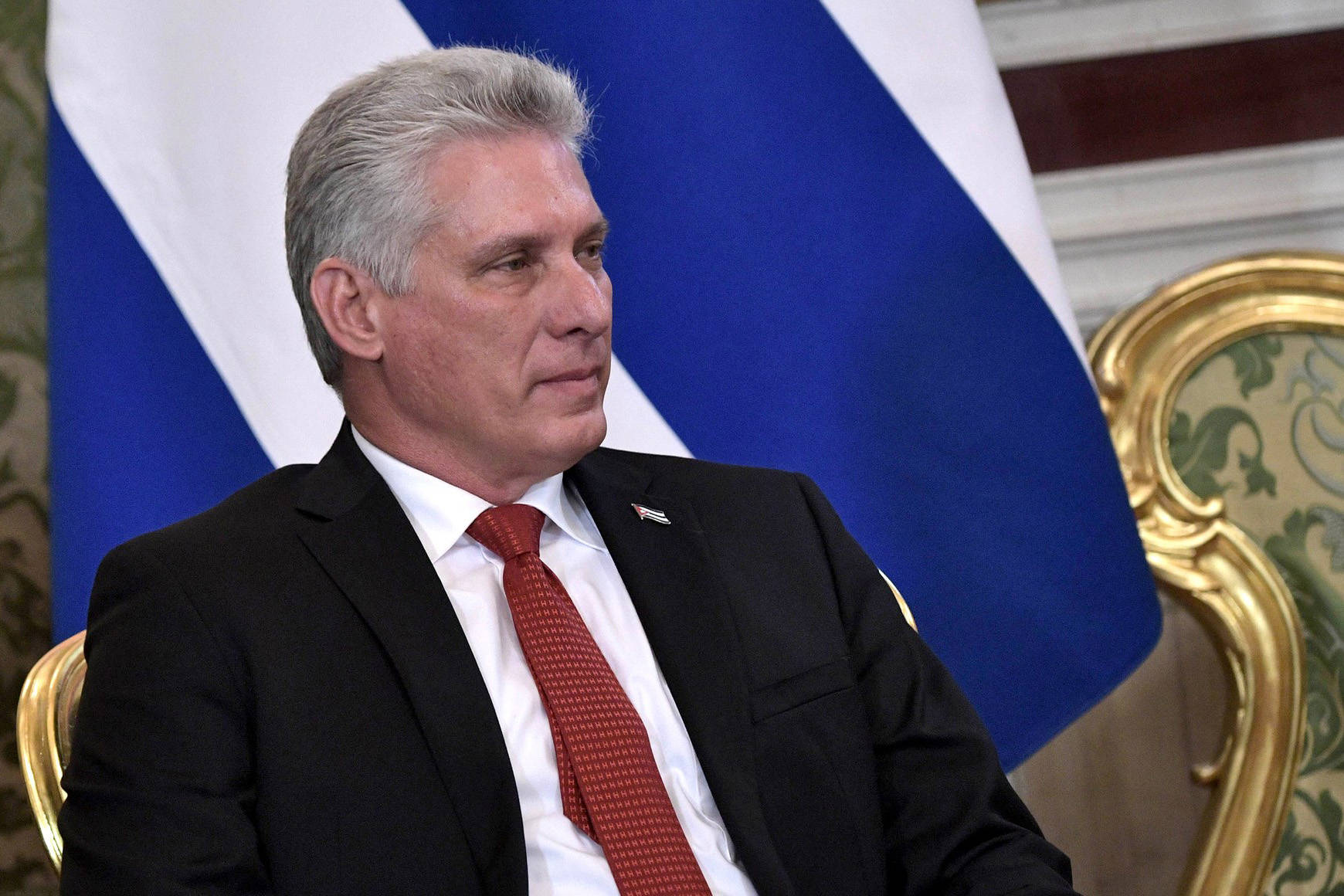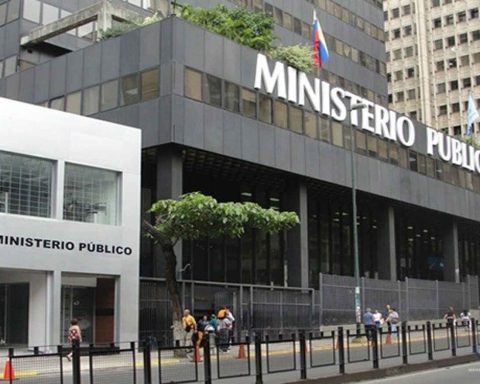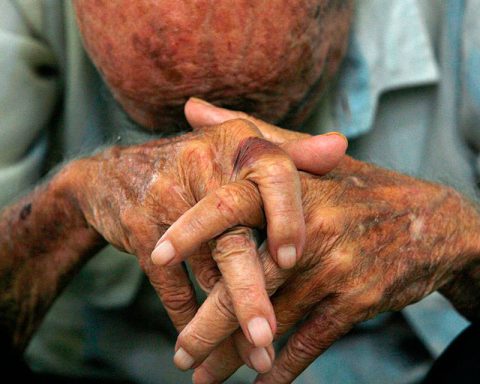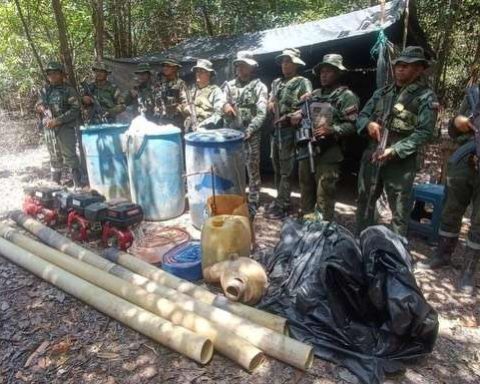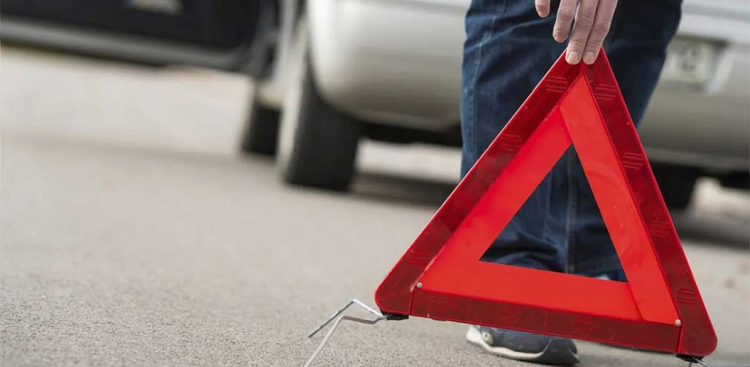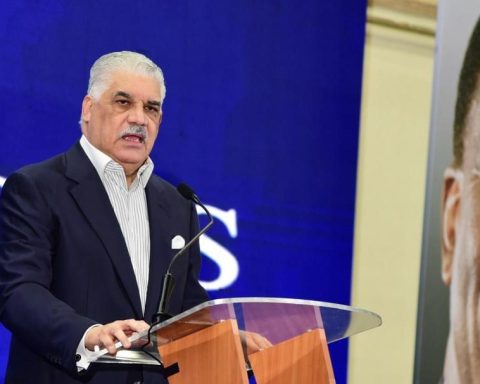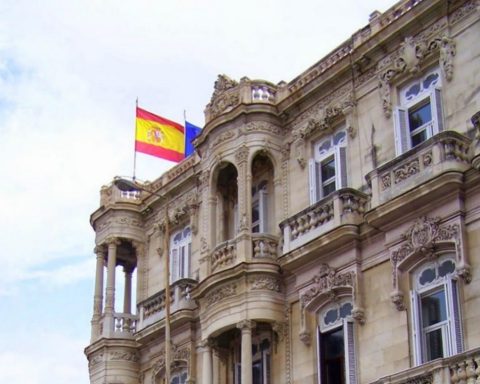In Cuba, the National Assembly (unicameral Parliament) approved a new Criminal Code that includes 37 new crimes. Within the articles, the external financing of the media is prohibited, among other things.
In Cuba, the National Assembly (Unicameral Parliament) approved a new Criminal Code that includes 37 new crimes.
Within the articles, the external financing of the media is prohibited, among other things. The legal instrument will also strengthen sanctions related to corruption.
For their part, activists and opponents warned that the reform of the Cuban Penal Code will silence social protest and independent journalism.
#Cuba?? | The second day of the Fifth Extraordinary Session of the National Assembly of the #Popular powerin its IX Legislature, from the Palace of Conventions in Havana.
➡️Approved 3 new laws.
➡️The session will resume this Monday. #CubaLegisla pic.twitter.com/6mfBjecyjS— Cuban National Assembly (@AsambleaCuba) May 15, 2022
The Cuban Code provides for punishing with up to 10 years in prison any person who “supports, encourages, finances, provides, receives, has in his possession funds, material or financial resources” from non-governmental organizations or international institutions, and that may be used to “defray activities against the State and its constitutional order.”
The new norm, approved unanimously in the extraordinary session of Parliament, this Sunday, May 15, almost a year after the anti-government protests of 11J- will come into force within 90 days from its publication in the Official Gazette of the Republic reported EFE.
In this Sunday’s session, the president of Cuba, Miguel-Díaz Canel, and former governor Raúl Castro (2008-2018) were present.
The president of the People’s Supreme Court (TSP), Rubén Remigio Ferro, asserted that “Cuba will have a modern, fair law tempered to the socioeconomic reality of the country.”
The new Penal Code of Cuba replaces that of 1987. According to Ferro, it is a rule that incorporates sanctions to face discrimination in all its manifestations, gender and family violence, acts against minors or in situations of disability.
On the other hand, in the case of maximum penalties, the Criminal Code maintains, exceptionally, the possibility of imposing the death penalty in 23 extremely serious criminal types. However, the President of the People’s Supreme Court pointed out that, since 2003, capital punishment has not been applied in Cuba and that the island’s government commuted those that were pending in 2008.
Also read: President of the TSJ strengthens ties in judicial matters with Cuba
Post Views:
227
